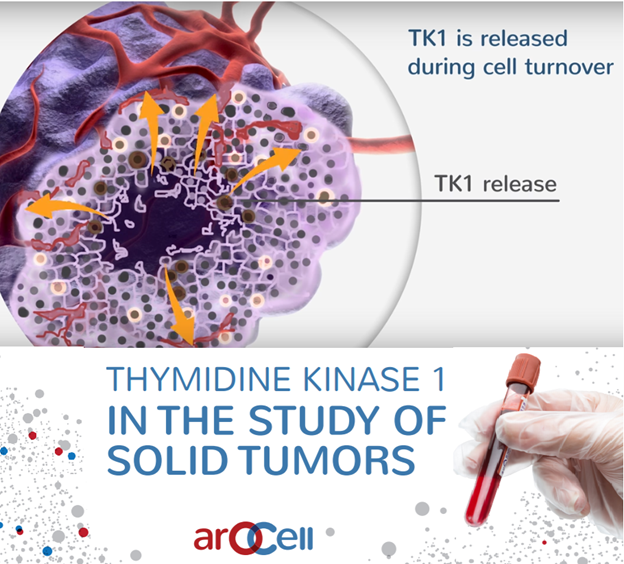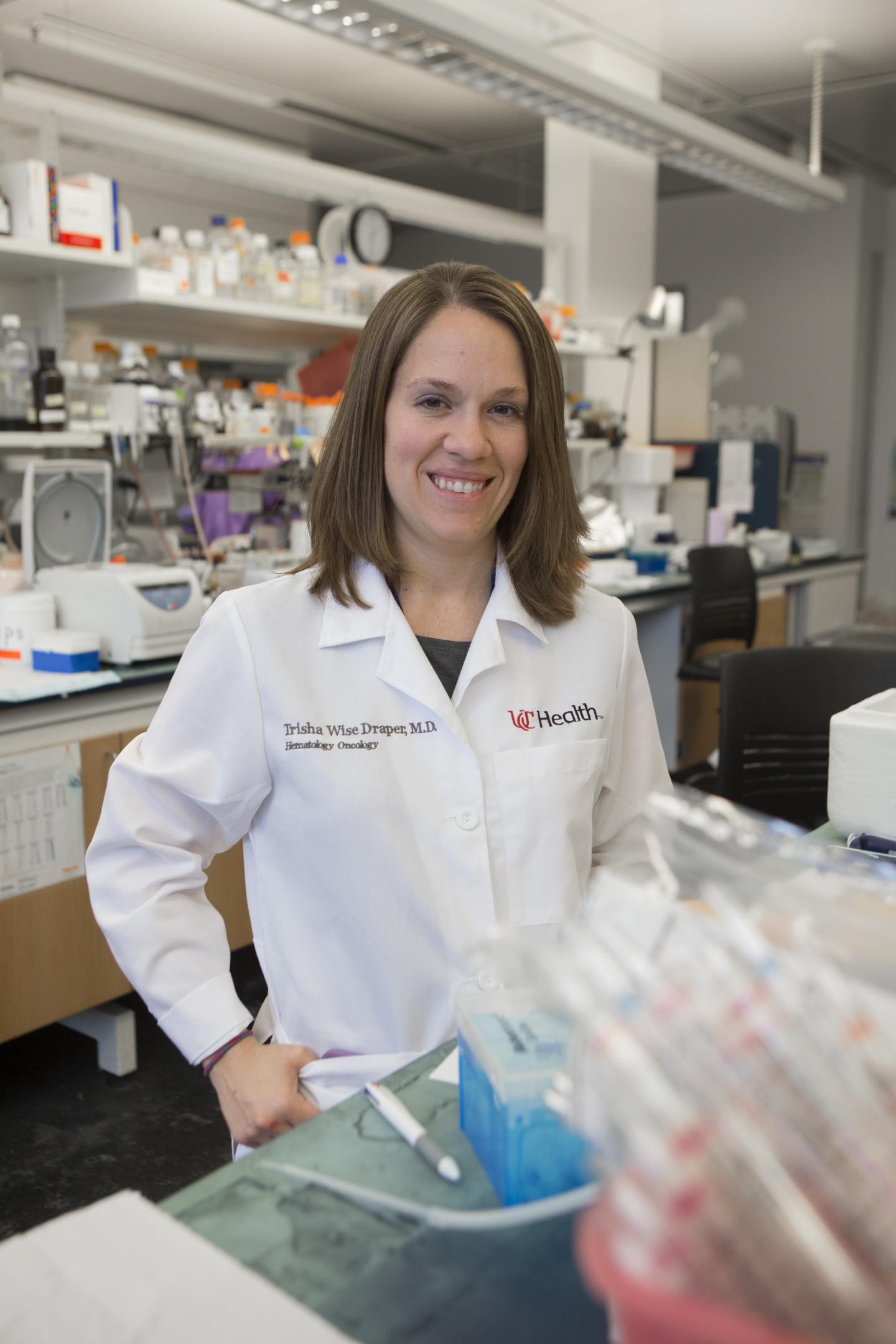|
Tag: Cancer Biomarker

Introducing the TK 210 ELISA assay kit from AroCell, the most sensitive assay available for measuring Thymadine Kinase 1 (TK1). TK1 is a key enzyme in DNA replication and it is up-regulated in proliferating cells. Many studies have shown it to be a valuable cancer biomarker but most previous assays have been activity based and underestimate TK1 in solid tumors. Read More
TK 210 ELISA is for Research Use Only. Not for Use in Diagnostic Procedures in the US.

Trisha Wise-Draper, MD, PhD. (credit: Joe Fuqua, University of Cincinnati)
Researchers at the University of Cincinnati (UC) have discovered that a human cancer-causing gene, called DEK, can be detected in the plasma of head and neck cancer patients. DEK may help doctors understand how a person’s immune system could be used to treat cancer or predict outcomes for patients.
(Source: https://www.eurekalert.org/pub_releases/2016-02/uoca-cgf021516.php)



